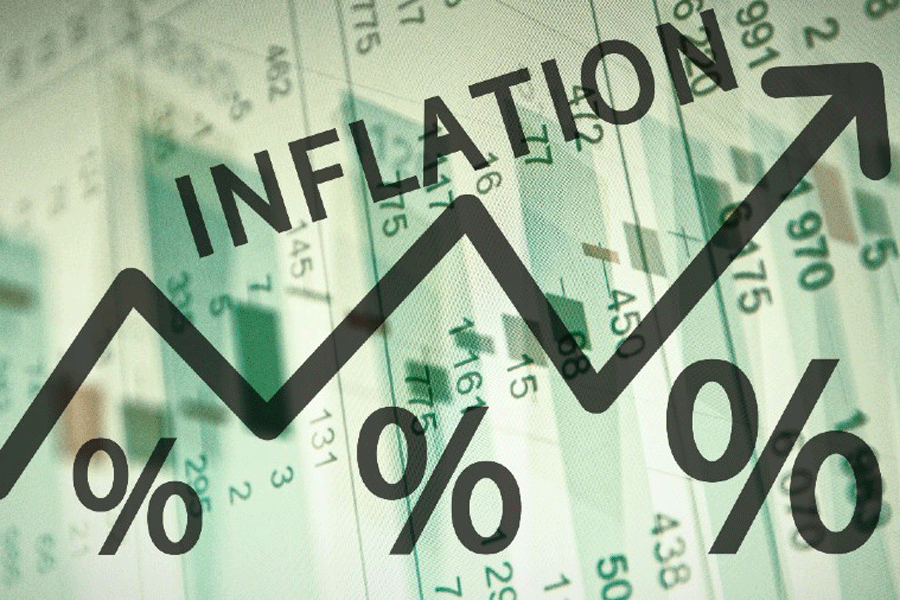Rainfall deficiency in June has raised the prospect of weak kharif harvests that could ramp up food inflation.
RBI governor Shaktikanta Das has pointed to the uncertainties surrounding food inflation that threatens to scupper chances of a rate cut.
The India Meteorological Department (IMD) on Wednesday said the country has received only 64.5mm of rainfall, 20 per cent less than the long-period average (LPA) of 80.6 mm.
The monsoon is critical for India’s agricultural landscape, influencing the sowing of kharif crops such as rice, cotton, soybeans, and sugarcane.
June and July are the pivotal months for sowing and a deficient monsoon can significantly impact crop yields and economic growth.
“The trajectory of headline CPI now hinges on the spatial distribution of the Southwest Monsoon,” said Aditi Nayar, chief economist of Icra.
“Adequate volume and dispersion of rainfall in the season remain key to improve the prospects for the kharif crop and replenish reservoir levels, which would be crucial to support the rabi crop and rein in food prices.”
India’s retail inflation based on the consumer price index (CPI) dropped to 4.75 per cent in May from 4.83 per cent in April, according to recent government data.
However, food inflation, which accounts for nearly 40 per cent of the overall consumer price basket, rose 8.7 per cent year-on-year in May. Food prices have remained elevated, primarily due to last year’s below-normal monsoon rains.
Economists warn that another price shock for essential items such as tomatoes and onions may be imminent.
Prices of these vegetables are already rising in June due to adverse weather conditions and supply-demand mismatches.
“We do not foresee food inflation dipping below 7.5-8 per cent in the near term,” said economists at Bank of Baroda.
Nearly half of India’s agricultural land lacks irrigation facilities, making it entirely dependent on the monsoon. A poor monsoon season can lead to lower agricultural output, higher food prices and inflation, affecting the overall economy.










